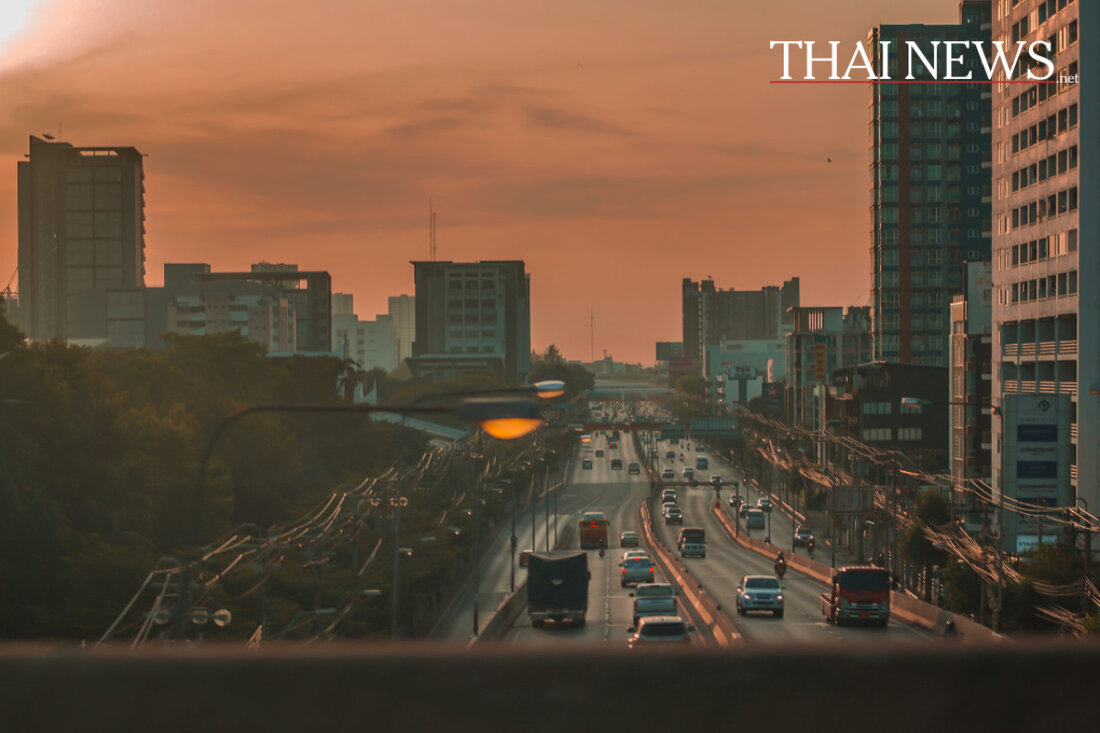Thailand focuses on luxury tourism: wellness and sustainability in focus!
Thailand is changing its tourism focus to luxury and health experiences, promoting sustainability and expecting high revenues by 2025.

Thailand focuses on luxury tourism: wellness and sustainability in focus!
Thailand has embarked on a new journey - and not exactly on the beaten path of mass tourism. The Tourism Authority of Thailand (TAT) announces a shift in tourism strategy, away from budget travel options and towards a focus on luxury, wellness and sustainable tourism. These changes were recently unveiled at ITB Asia in Singapore, where a delegation consisting of 22 leading Thai tourism companies presented the upcoming plans. These include renowned names such as the Carlton Hotel Bangkok Sukhumvit and the Vana Nava Water Jungle. The message is clear: quality and experience are the new watchwords when it comes to traveling to Thailand. TravelMole reports that…
Why is this change so important? TAT's Deputy Governor Nat Kruthasoot said Thailand strives to attract travelers who value sustainability, health and authentic experiences. Health and wellness tourism plays a central role in this; Revenue in this sector is expected to reach 124 billion baht (about $3.3 billion) by the end of the year. Health tourists, who spend an average of 107,662 baht per trip and stay about 13 nights, are a key target market for the royal country. World Today Journal reports that...
Strategic realignment and new markets
This realignment goes hand in hand with the overarching goal of positioning Thailand as a premier destination for discerning travelers. The services offered should be based on international sustainability standards, even if only 20% of operators are currently willing to invest in sustainable practices. TAT has trained its lens on the ultra-luxury market to create tailored travel experiences. Examples include exclusive city tours in vintage cars in Bangkok, which cost between 100,000 and 150,000 baht (US$2,700-4,100) per person.
Also on the agenda are efforts to improve cleanliness and quality at tourist locations to exceed travelers' expectations. Sports tourism is an important part of this, which is reflected in the organization of the Amazing Thailand Marathon and the promotion of trail running. The aim is to attract more active visitors who plan longer stays in Thailand. Sigma Earth points out that…
Sustainability in focus
Sustainability is not just a buzzword, but a core value in this new strategy. TAT is already planning a new tourism plan for 2026, entitled “Value is the new volume”. Particular attention is paid to attracting discerning travelers who are willing to invest in cultural experiences and preserve Thailand's cultural heritage. The plan aims to extend the length of stay of visitors and promote less frequented destinations.
The challenges are currently diverse. The tourism authorities placed particular emphasis on cleanliness, hygiene and language skills, as frequent deficiencies here can cloud the travel experience. Whether Thailand is on track to become a leading tourism destination for 2026 remains to be seen. But one thing is certain: the strategy has the right wind in its sails and will certainly help to delight travelers while preserving the country's rich cultural heritage.

 Suche
Suche
 Mein Konto
Mein Konto
